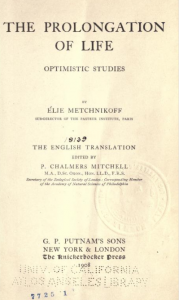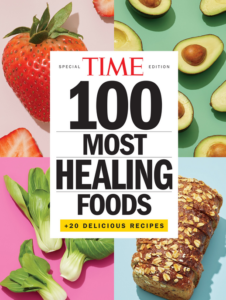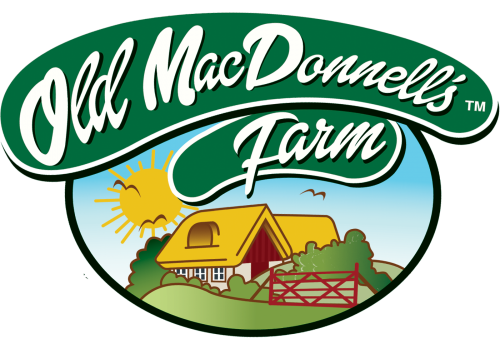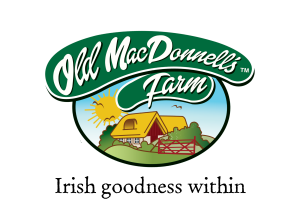Science + Nature
Why live cultures are so important to our health
In the late 1880’s a Russian scientist named Elie Metchnifkoff – was investigating the longevity of the Balkan people, particularly nomadic tribes in Bulgaria.
These people preserved the milk from their animals by making yoghurt with it. Their method used the animal stomachs as preserving vessels – the stomachs had naturally occurring bacteria within which enhanced the fermentation of the milk.
It was noted that these people had an average life expectancy of more than 120 years.
 Metchnifkoff attributed this to the specific type of culture (bacteria) they used to make their yoghurt. He isolated this culture and identified it as Lactobacillus Bulgaricus… one of the main cultures we use in yoghurt today.
Metchnifkoff attributed this to the specific type of culture (bacteria) they used to make their yoghurt. He isolated this culture and identified it as Lactobacillus Bulgaricus… one of the main cultures we use in yoghurt today.
He worked closely with Henry Tisser, a French paediatrician working at the Pasteur Institute who discovered the probiotic Bifidobacterium Longum in 1899. Metchnifkoff, also working at the Pasteur Institute, went on to receive the Nobel Prize in 1908 for his research. It is from this research that present-day knowledge on live cultures is built.
Metchnifkoff called his study “The Prolongation of Life – An Optimistic Study” (full text)
 What is functional food?
What is functional food?
Functional foods are foods which have beneficial ingredients (eg. live bacteria) added to them so that they have health-giving properties over and above their nutritional value.
When eaten, the live bacteria we add to our yoghurt, are ‘woken up’ or activated by our body heat and they then get to work travelling along our digestive tract.
Years of scientific study have shown that live bacteria ~ and particularly the combination of bacteria present in our yoghurt ~ produce ‘pro-factors’ that can help us in the following ways:
~ Improving immunity by strengthening and regulating anti-bodies.
~ Are very efficient in re-establishing micro-flora (the essential bacterial lining in our digestive tract) after antibiotics, chemotherapy and steroid treatment.
~ Helping to relieve tummy upsets and all associated with them.
~ Very effective in helping/ relieving/ improving gastro-intestinal problems such as Irritable Bowel Syndrome (IBS).
~ Aiding calcium absorption promoting healthy bones and teeth.
~ Helping to manage allergic inflammation with skin disorders such as eczema and psoriasis – when applied topically.
The live bacteria we use are Lactobacillus Bulgaricus, StreptoccusThermophilus , Bifidobacterium Longum and Lactobacillus Acidophilus.
We have run a free advice clinic over the years and the feedback from customers using our yoghurt is overwhelmingly positive.


 The French were so impressed with yoghurt that they named it “Le lait de la vie eternelle” which translates to: “The milk of eternal life” Needless to say we love this idea at Old MacDonnell’s Farm!
The French were so impressed with yoghurt that they named it “Le lait de la vie eternelle” which translates to: “The milk of eternal life” Needless to say we love this idea at Old MacDonnell’s Farm! Get in touch!
Get in touch!